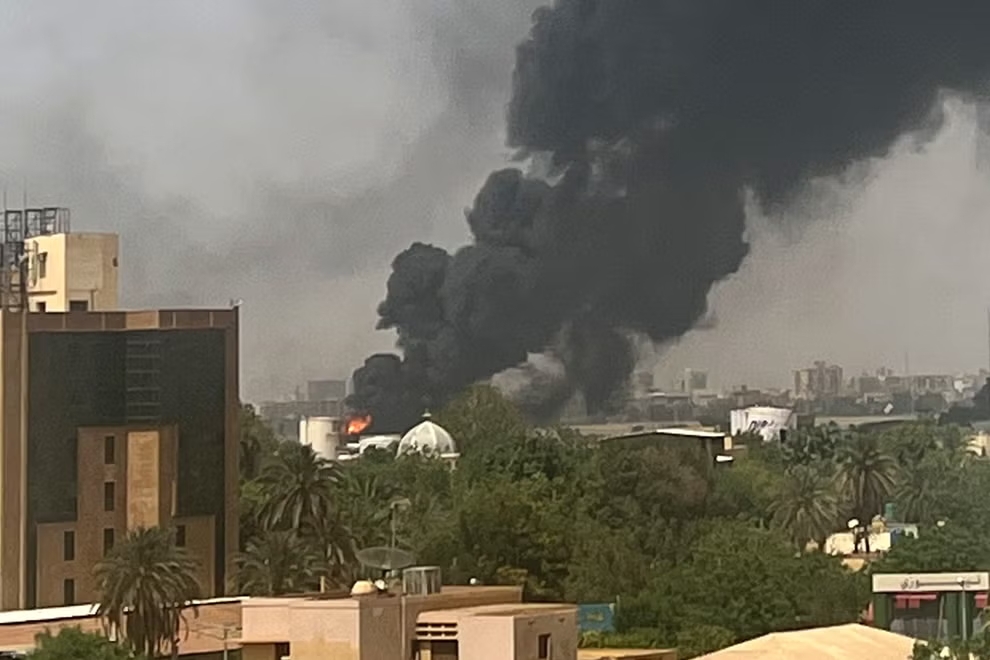
Amidst conflicting reports and escalating international pressure, Sudan’s military and the Rapid Support Forces (RSF) appear poised for a high-stakes meeting this week, potentially igniting a path towards ceasefire and humanitarian relief.
The Intergovernmental Authority on Development (IGAD) has extended an invitation for the two armed factions, led by Army Commander Abdel Fattah al-Burhan and RSF chief Mohamed Hamdan Daglo “Hemetti,” to convene in Djibouti on December 28th. While a senior Sudanese Foreign Ministry official initially cast doubt on the immediate feasibility, sources close to the matter insist the meeting will proceed.
This discrepancy highlights the fragile communication channels amidst the ongoing conflict. Former Prime Minister Abdullah Hamdok, representing the Civil Democratic Forces Coordination, has further urged both sides to engage in urgent talks with him.
Regional and international actors, including the United States, are ramping up pressure for a ceasefire and a political process. The internal stalemate, coupled with mounting international scrutiny, appears to be pushing the warring parties towards dialogue.
Hemetti’s recent affirmation of his willingness to participate in the IGAD-facilitated meeting suggests a potential softening of stances. Officials from the Forces for Freedom and Change (FFC) also expressed cautious optimism, viewing the talks as a potential avenue for a ceasefire.
However, FFC leaders stressed that a lasting peace hinges on isolating the influence of leaders from the movement and their associated groups, whom they perceive as driving the conflict. Sharif Mohamed Osman, of the Sudanese Congress Party, emphasized the urgency of halting hostilities and ensuring humanitarian access, while envisioning the meeting as a stepping stone towards broader political dialogue.
The upcoming days will be critical in determining whether the Djibouti meeting paves the way for a fragile truce or remains another missed opportunity in Sudan’s turbulent journey towards peace. The success of these talks hinges on navigating internal pressures, managing divergent agendas, and ensuring genuine commitment to a peaceful resolution from all stakeholders.
